Filter by
SubjectRequired
LanguageRequired
The language used throughout the course, in both instruction and assessments.
Learning ProductRequired
LevelRequired
DurationRequired
SkillsRequired
SubtitlesRequired
EducatorRequired
Explore the Mean Stack Course Catalog
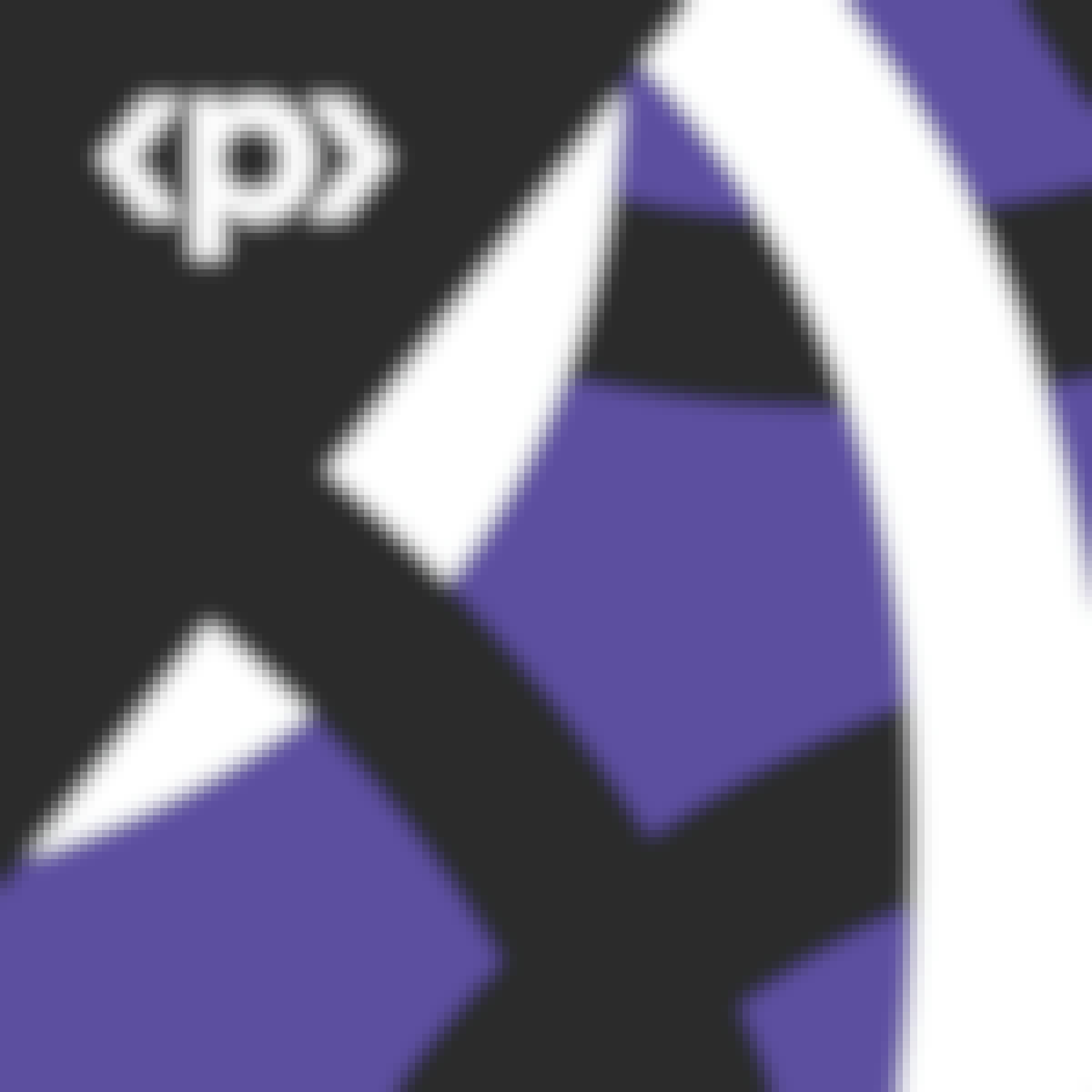 Status: NewStatus: Free Trial
Status: NewStatus: Free TrialSkills you'll gain: UI Components, Application Deployment, Database Management, Databases, JavaScript Frameworks, Web Applications, Authentications, Front-End Web Development, Application Development, Back-End Web Development, User Interface (UI), OpenAI, Artificial Intelligence
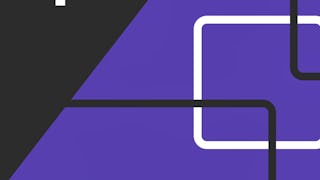 Status: Free Trial
Status: Free TrialSkills you'll gain: Node.JS, Back-End Web Development, User Accounts, Server Side, Swift Programming, Full-Stack Web Development, API Gateway, Programming Principles, Real Time Data, Apple iOS, Web Applications, Restful API, Authentications, Image Analysis, JSON, UI Components, User Interface (UI), Data Security
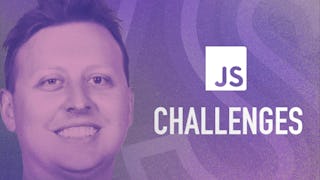
Skills you'll gain: Data Validation, Maintainability, Javascript, Computational Thinking, Data Structures, Debugging, Data Integrity, Performance Tuning, Web Development, Algorithms
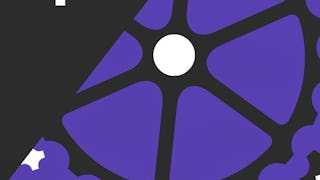 Status: Free Trial
Status: Free TrialSkills you'll gain: Server Side, Restful API, Apache, Full-Stack Web Development, API Design, Node.JS, Web Servers, Postman API Platform, Authentications, Application Servers, Application Programming Interface (API), Web Applications, Back-End Web Development, Secure Coding, Web Development Tools, Web Development, Javascript, JSON, Application Security, PHP (Scripting Language)
 Status: NewStatus: Free Trial
Status: NewStatus: Free TrialSkills you'll gain: Network Monitoring, Routing Protocols, Network Switches, TCP/IP, Disaster Recovery, Network Routing, Open Shortest Path First (OSPF), Dynamic Host Configuration Protocol (DHCP), Virtual Local Area Network (VLAN), System Monitoring, Network Planning And Design, Network Troubleshooting, Network Infrastructure, Network Administration, Network Architecture, Network Protocols, Border Gateway Protocol, Local Area Networks, Document Management, Software-Defined Networking
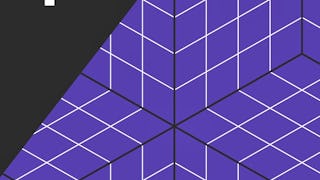
Skills you'll gain: React Native, Application Deployment, Mobile Development, ChatGPT, User Interface and User Experience (UI/UX) Design, JSON, UI Components, Database Application, Application Development, Development Environment, Data Management, Data Storage, Debugging
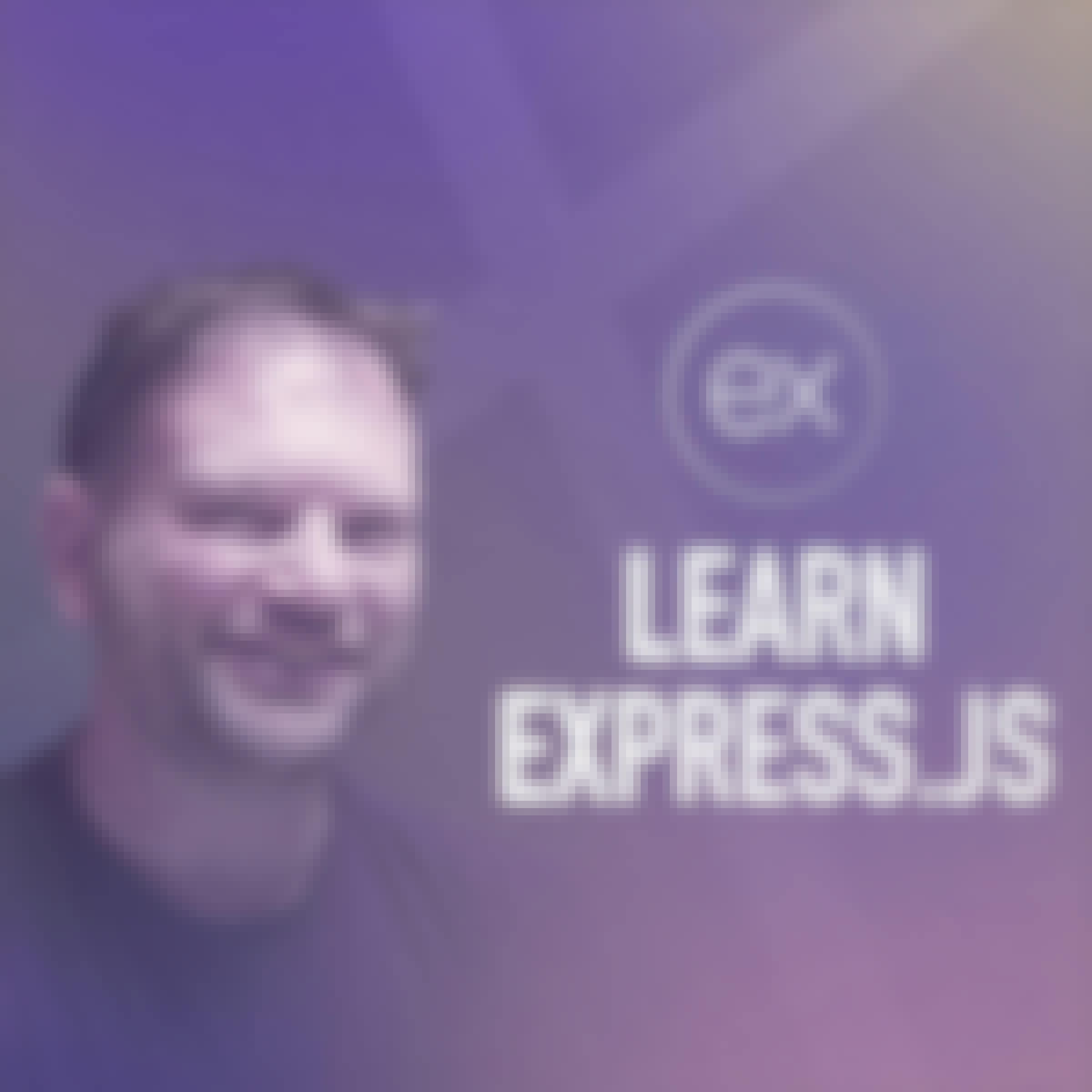 Status: New
Status: NewScrimba
Skills you'll gain: Node.JS, Web Frameworks, Server Side, Application Servers, Web Applications, Web Servers, Restful API, JSON, Middleware, API Design, Real Time Data, Routing Protocols

Google Cloud
Skills you'll gain: Google Cloud Platform, Cloud Development, Cloud Applications, Web Development Tools, Blockchain
 Status: NewStatus: Free Trial
Status: NewStatus: Free TrialSkills you'll gain: Full-Stack Web Development, Javascript, Web Development Tools, Jest (JavaScript Testing Framework), Web Design and Development, Object Oriented Programming (OOP), Web Development, Application Programming Interface (API), HTML and CSS, Back-End Web Development, Web Applications, JSON, Restful API, Event-Driven Programming, Application Development, Application Deployment, Unit Testing, Programming Principles, Data Structures, Prototyping
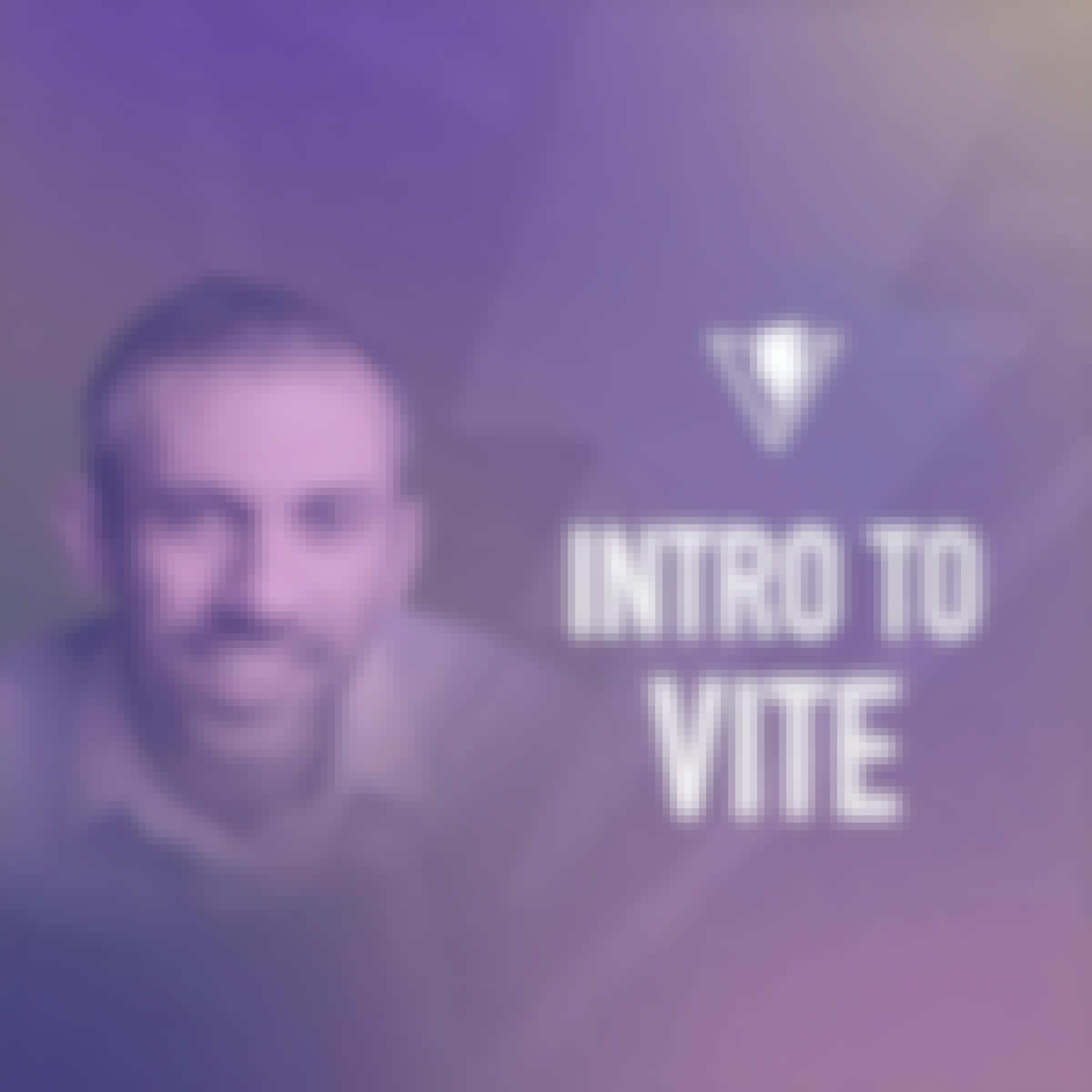 Status: New
Status: NewScrimba
Skills you'll gain: React.js, Web Development Tools, TypeScript, Front-End Web Development, JavaScript Frameworks, Build Tools, Development Environment, Application Deployment

Skills you'll gain: SAS (Software), Data Import/Export, Data Manipulation, Predictive Modeling, Statistical Analysis, SQL, Regression Analysis, Data Analysis, Excel Macros, Statistical Hypothesis Testing, Software Installation, Data Cleansing, System Configuration
 Status: New
Status: NewScrimba
Skills you'll gain: Command-Line Interface, Unix Commands, Linux Commands, Scripting, File Systems, File Management
In summary, here are 10 of our most popular mean stack courses
- Full-Stack Web Development with SvelteKit & Supabase: Packt
- Advanced Full Stack Development and SwiftUI Basics: Packt
- JavaScript Interview Questions for Junior Developers: Scrimba
- AJAX Next Level: Authentication, Servers, Projects & More: Packt
- IP Addressing, Routing, and Network Management: Packt
- The Ultimate ChatGPT Guide with React Native - Develop Mobile Apps: Packt
- Learn Express.js: Scrimba
- Develop an NFT with Google Cloud Web3: Google Cloud
- Modern JavaScript from The Beginning [Second Edition]: Packt
- Intro to Vite: Scrimba










